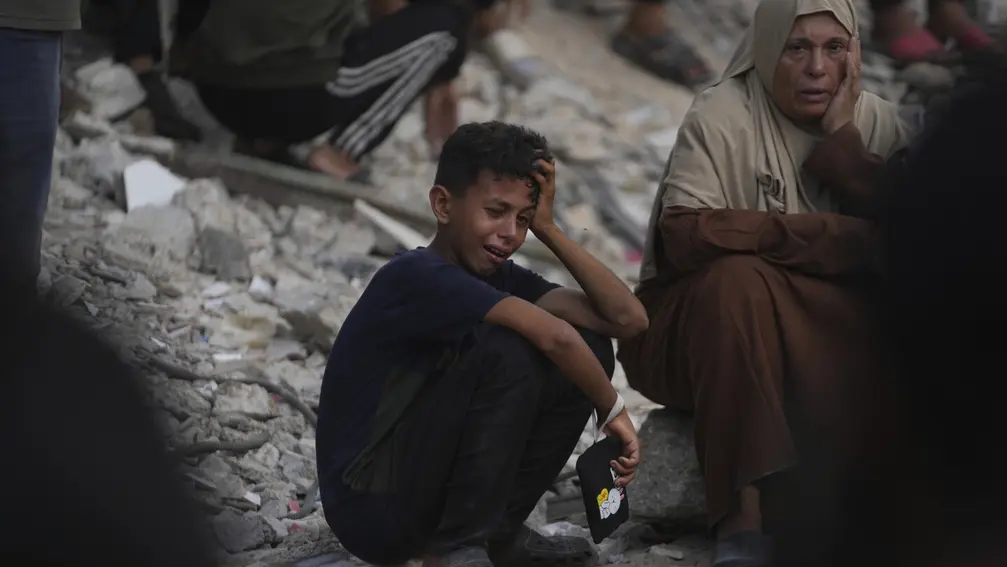T4K3.news
Gaza death toll rises amid ceasefire talks
Heavy bombardment in Gaza City as talks continue on aid and a possible ceasefire.
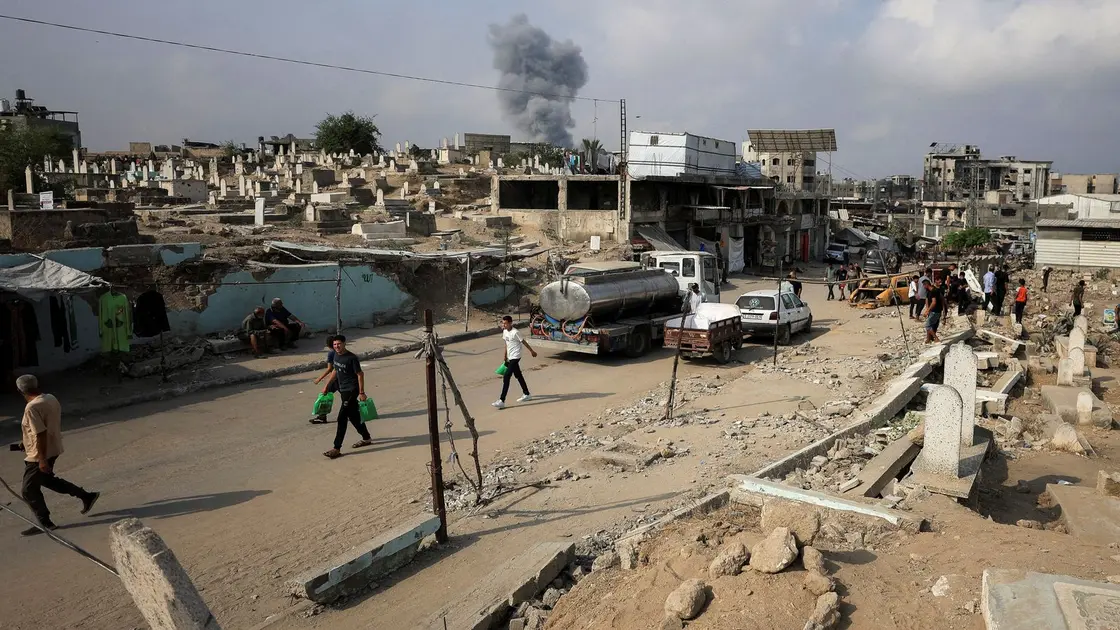
Gaza City faces renewed bombardment with high casualties as international efforts seek a ceasefire and more aid.
Gaza Death Toll Surges as Israeli Offensive Ramps Up
More than 100 people were killed in Gaza in the last 24 hours, the Gaza health ministry said, making it the deadliest day in a week. Residents reported heavy airstrikes and tank fire in the Zeitoun and Shejaia districts, with homes flattened and streets turned chaotic. Al-Ahli hospital said 12 people were killed in an airstrike on a house in Zeitoun while tanks damaged several homes in Khan Younis.
In central Gaza, gunfire killed nine people who were seeking aid in two separate incidents, according to Palestinian medics. The toll from starvation and malnutrition in Gaza has risen to 235 since the war began, including 106 children, the health ministry said, even as it noted the figures are disputed by Israel. Talks in Cairo with Egyptian mediators focused on ending the war, delivering aid, and addressing the suffering of civilians, with some discussion of a broader ceasefire.
Key Takeaways
"If we had a starvation policy, no one in Gaza would have survived after two years of war."
Netanyahu on starvation allegations and policy
"They're not being pushed out, they'll be allowed to exit"
Netanyahu on population movement during conflict
"All those who are concerned for the Palestinians and say they want to help the Palestinians should open their gates and stop lecturing us"
Netanyahu on international reaction and aid distributions
"Laying down arms before the occupation is dismissed as impossible"
Hamas official on disarmament and ceasefire talks
The day’s figures underscore how civilians bear the brunt when military aims collide with humanitarian needs. Food and fuel shortages, damaged health infrastructure, and blocked aid convoys compound the danger for families trying to survive. The international response hinges on a fragile balance between pressuring combatants and protecting civilians, a challenge that grows as talks drag on.
Political signals from leaders on both sides complicate any path toward a ceasefire. Netanyahu’s push for Gaza to evacuate frames the conflict in stark terms, while Egypt and other partners press for talks without allowing the war to derail humanitarian relief. The risk is a prolonged cycle of violence with fluctuating pledges and uneven aid access, leaving civilians to weather the storm without secure relief.
Highlights
- War eats cities and then it eats hope
- Aid is a test of humanity not a tool of politics
- The price of delays is paid in lives
- Civilians deserve protection, not headlines
Political and humanitarian risk in ongoing Gaza conflict
The article discusses sensitive political moves and potential displacement, which could trigger backlash and affect public reaction and donor funding. It highlights budgetary and security considerations tied to aid and military plans that may provoke international criticism.
The next moves will test whether diplomacy can translate into real relief.
Enjoyed this? Let your friends know!
Related News
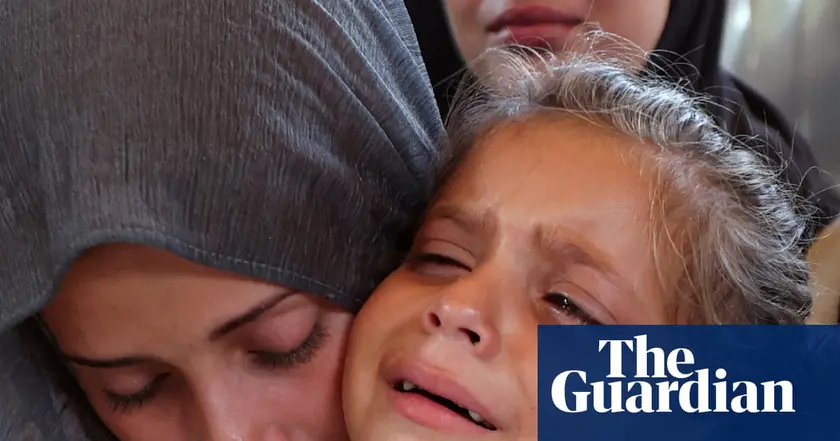
Death toll in Gaza rises amid aid crisis
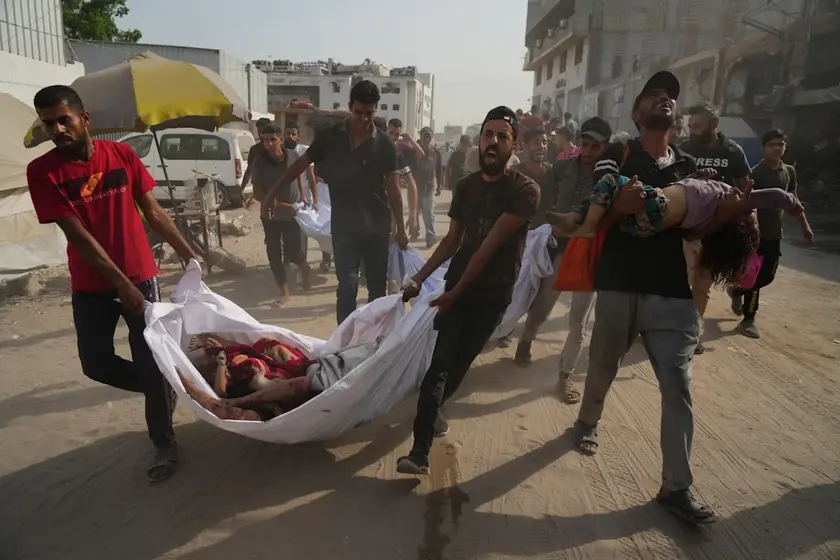
Gaza toll climbs as journalists die and states shift
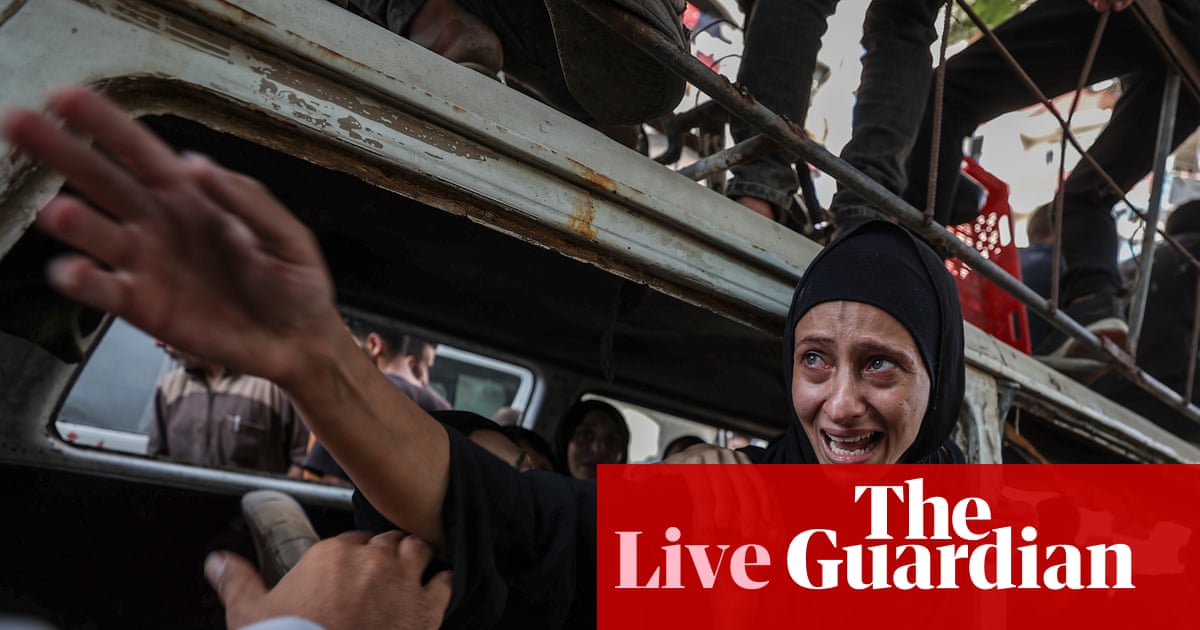
UN warns of dire hunger crisis in Gaza
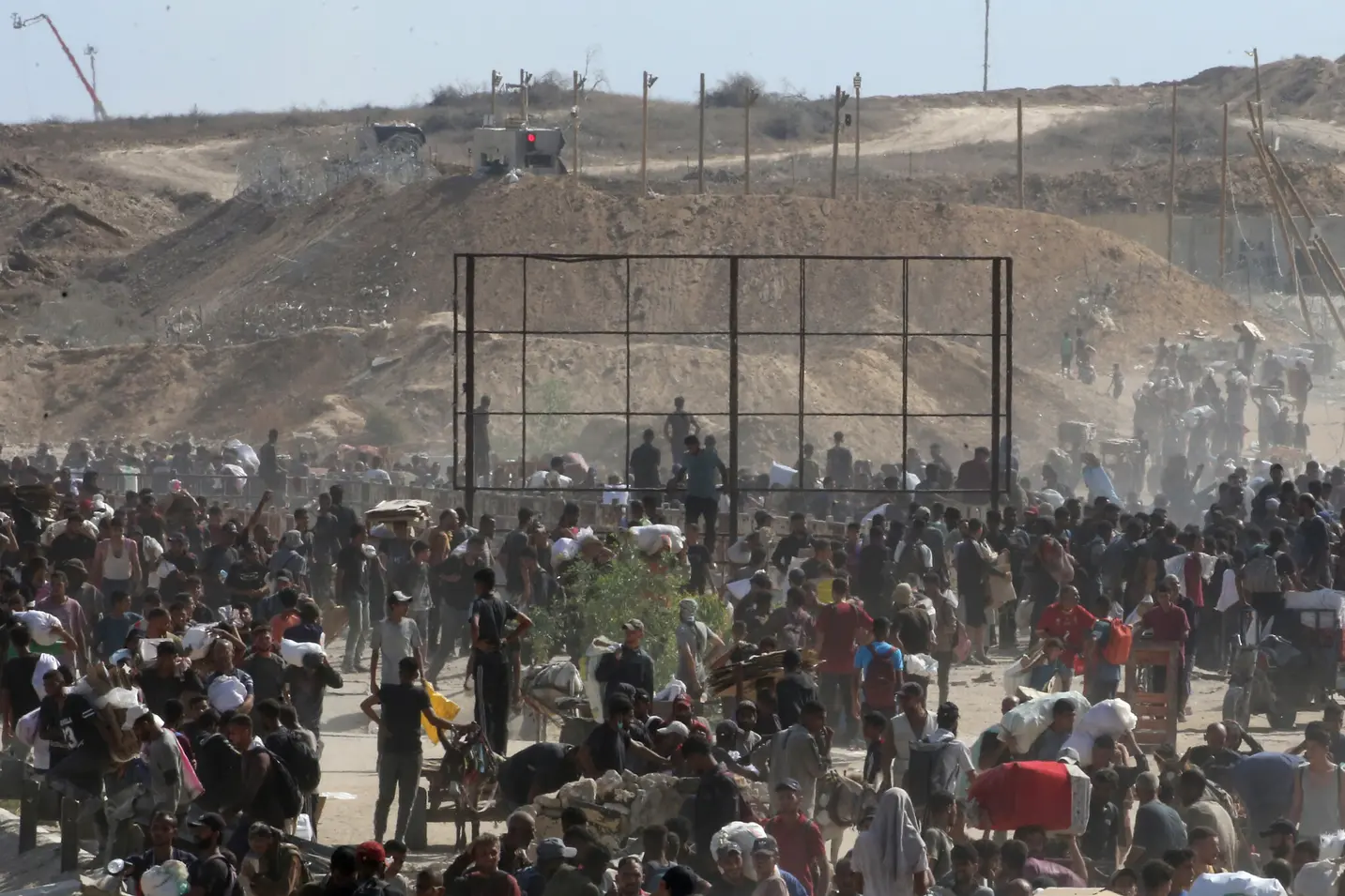
Israel will annex parts of Gaza if no deal is reached with Hamas
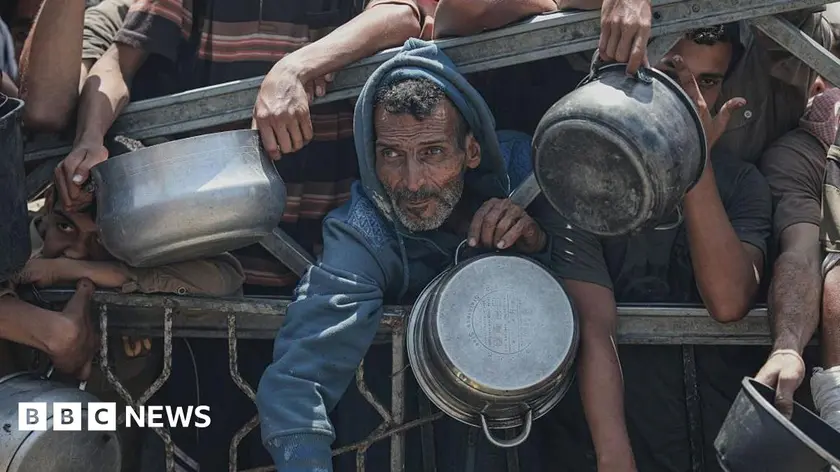
Seven more die from malnutrition in Gaza
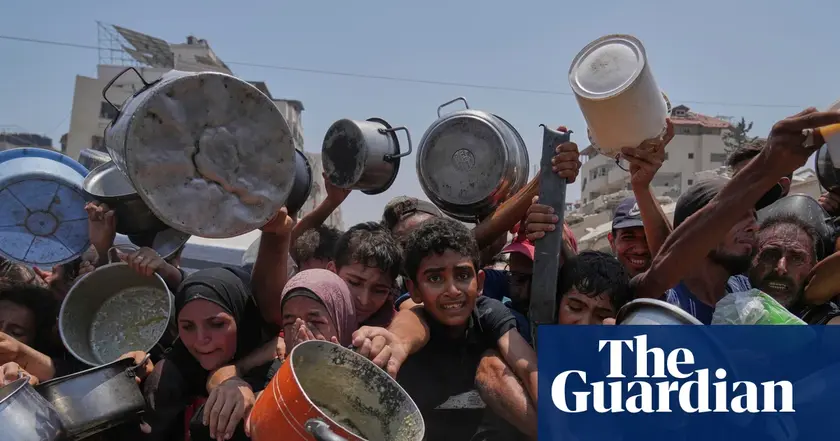
Gaza faces worsening starvation crisis
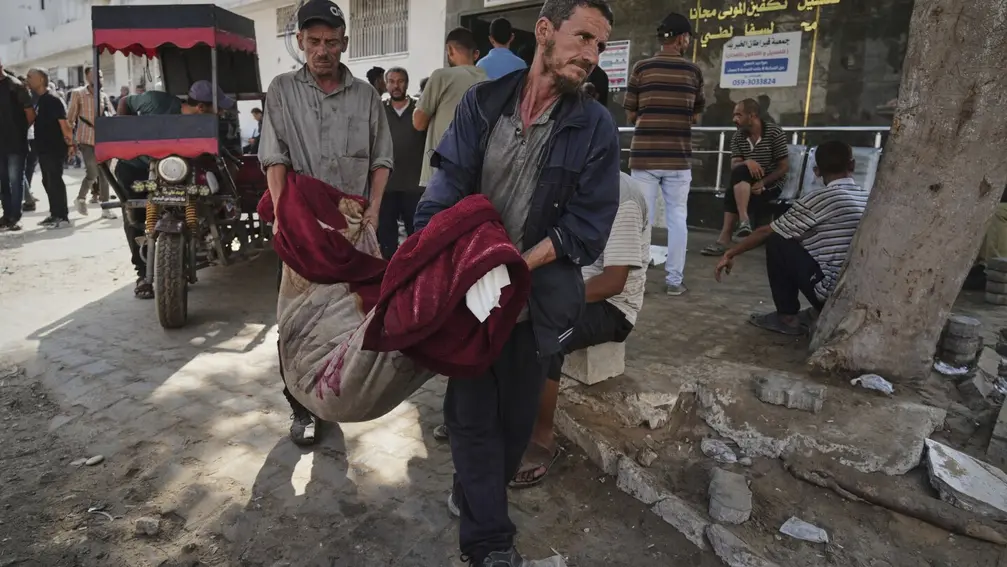
Israeli airstrikes kill 21 in Gaza as hunger crisis escalates
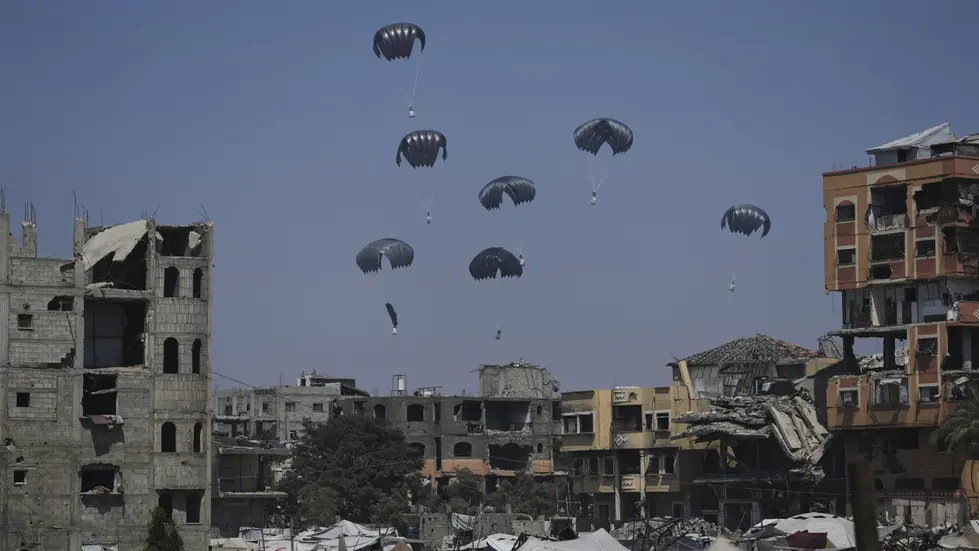
Israel pauses attacks in Gaza to allow aid deliveries
